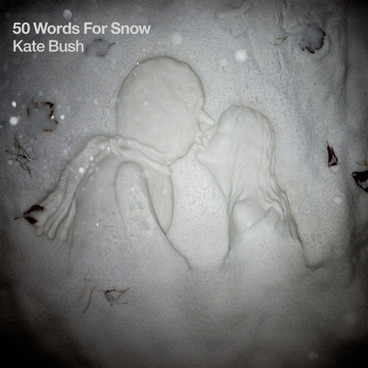Tad Friend, "Blowback: The great suburban leaf war", The New Yorker 10/25/2010:
Dr. Michael Kron, a Berkeley psychiatrist who had been canvassing studies on noise, addressed the problem's demographic valence. "Because we're not living in Oakland ducking the next hail of bullets, there's this idea that we're just some fat-ass fussy busses, rich white people in the suburbs, worrying about a little noise,", he said. "But noise is very powerful. We've used Britney Spears songs on Guantánamo Bay prisoners."
The actual noisiness of blowers is a vexed issue. The average new blower is rated at about sixty-nine decibels, only as noisy as a loud conversation. But that official rating is determined by measurements made fifty feet away in an open field. Those operating the blowers are subjected to considerably more noise, as are neighbors who live in cramped or reverberant terrain; Kendall had just clocked the Stihl BR 500, which is rated at sixty-five decibels, at ninety-eight decibels up close — nearly ten times as loud. Kron continued, "Children exposed to these noise bombs, it's a disaster: impaired concentration, impaired sleep, inability to learn to read and speak. Children in loud, loud places like East Oakland are the ones who grow up saying, 'Can I ax you a question?'" [emphasis added]
Read the rest of this entry »
 Item #1: The singer-songwriter Kate Bush will be releasing a new album on Nov. 21 with the title (sigh)
Item #1: The singer-songwriter Kate Bush will be releasing a new album on Nov. 21 with the title (sigh)